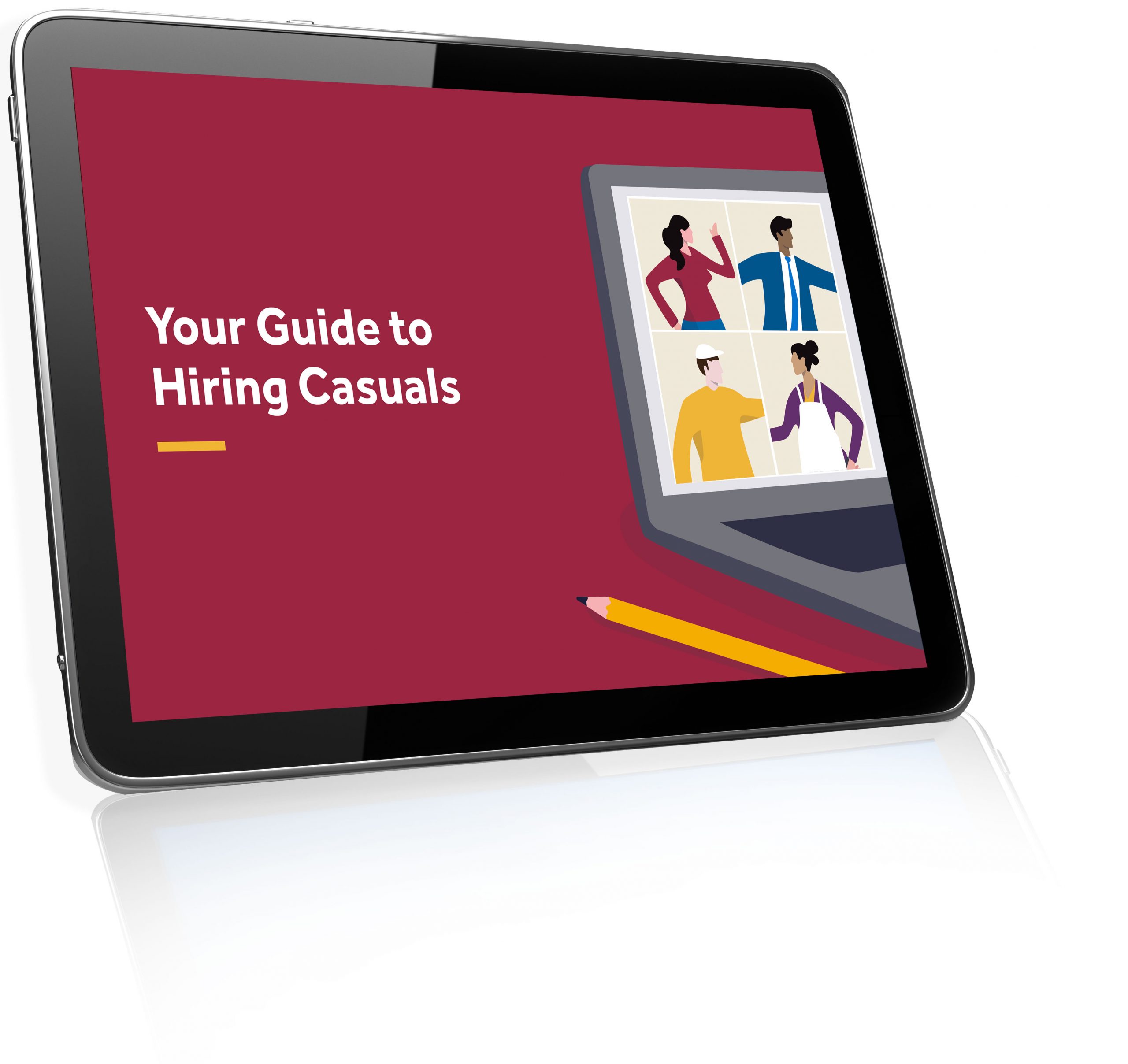
Various Unilever companies such as Dove, Persil, TRESemmé, Rexona, Surf, Continental, and Streets have recently expanded their four-day work week experiment to Australia. The four-day trial will run for 12 months, and employees will be free to design their own workweek as they see fit. Staff will be expected to maintain 100% of their productivity for 100% of their pay across 80% of their normal hours.
The initial New Zealand trial of the 4 Day Work Week ran from 1 December 2020 to 30 June 2022. The Unilever New Zealand four-day work week trial produced successful, independent measurements. Results showed vast majority of staff felt engaged and absenteeism dropped 34%. Individual wellbeing also improved, with stress dropping 33%. Meanwhile feelings of strength and vigour at work increased by 15% and work-life conflict fell by 67%.
The pandemic forced businesses to review their model of working and the four-day work week offers an opportunity to maintain productivity while increasing wellbeing. But is the four-day work week the magic pill all businesses are looking for?
History
‘The five-day week is not the ultimate, and neither is the eight-hour day’ said Henry Ford in 1926. Nearly a century ago, visionaries like Ford were already sure that the future looks different and adaptable. Generations have passed but the struggle remains for employees and workers. Workers are calling for more flexibility, better work-life balance, and the choice to do their jobs on their own terms. The forced lockdowns and pandemic also put our lives under a scanner and made us question- Is there a way to do this better?
It was New Zealand based businessman, Andrew Barnes who made headlines in 2018 for his four-day week trial at financial trust Perpetual Guardian. COVID-19 further strengthened his belief that we can find a better balance between work and life. He’s clearly not alone, as 85% of US adults already approve of moving to a four-day work week.
Four-day work week benefits
The answer was always there. A four-day work week. Companies and governments were eager to jump on the bandwagon and start initiating various trials. Belgium, Iceland, and UK were some of the first to kick trials off and the results were impressive. Microsoft Japan saw a 40% jump in productivity gains and rise in employee happiness from their four-day work week trial.
Research has indicated that it’s the simple things that can make the biggest differences. 45% of workers say the ability to control their schedule (start and finish times) is top of their wish-list. Clearly businesses are listening. Data from over 50-million job posts on the employment marketplace shows the percentage of companies offering four-day workweeks has almost tripled in the last three years.
The appeal is clear and strong. An additional day of rest, spending time with families and kids, pursuing hobbies or interests, saving costs on fuel, and reducing carbon emissions are just some benefits of a shortened work week. A shorter week also changes the narrative and forces us to focus. Shorter workdays are more productive than longer ones when held to a higher standard of productivity and focus. Shortening the time available pushes people to rethink their style of working. Do they really need daily meetings or catch-ups? Can this be done in a shorter time frame? Can we say no to this project? By setting ambitious goals, you change your perspective and boost your productivity.

Why four-day work weeks don’t work for everyone?
As we have mentioned, it’s not the days, it’s the shift in focus and energy that makes a difference. The four-day work week while welcomed everywhere may not work for all employers and businesses.
All businesses are different
If employees start working four-days a week, then how can businesses maintain the same level of service and productivity? What about businesses like hospitality, retail, healthcare, etc? There will be knock-on effects on the rest of the team if everyone is just shifting their meeting times or working hours. A complicated roster system would further be complicated with managers having to keep track of different days staff doesn’t work. There could be chaos in trying to find a day where the whole team comes in or forcing the team to come in on one day, leading to dissatisfaction.
An extra day off at a cost
Employees who work four-days a week will have to work longer hours to make-up for the extra day off. In France, companies had to pay overtime as employees were working longer hours. This is an additional expense to businesses. It will also mean longer days for employees who would be returning late from work and thus effectively missing out on the time with their families or time that could have been spent on their personal lives.
Vague parameters
The idea of a four-day work week is interesting but the parameters seem vague. What businesses need to consider is:
Is 100% productivity possible in 80% of the time?
Are we saving any actual time by compressing the workweek?
Is coordinating schedules and collaboration going to get difficult?
Four-day work week is not the only option
If you’re looking to be flexible without making a drastic change, there are other ways to be productive.
Schedule meetings-free time or days
Unnecessary meetings or catch-ups waste a lot of valuable time at the workplace. Scheduling meeting free time or days ensures your employees have long, uninterrupted time blocks.
Give autonomy to employees
Putting employees in charge of their schedule can work wonders for productivity. Can your employees start later and finish later or start early and finish early? Can they opt out of meetings that they think are not applicable to their roles?
Time limit on meetings
Microsoft asked employees to limit meetings to 30 minutes and five attendees. By putting a time limit on meetings, you force employees to focus, get to the point, delegate roles, and disperse instead of chatting or stretching out brainstorming. You can also do a weekly/monthly calendar audit during which you question the necessity of every meeting.
Real-time chat apps
Applications like Slack and Microsoft Teams help streamline internal communication without adding to your inbox. You can also get real time responses or reach out directly instead of waiting for a response to your email.
Limit small talk
This may seem extreme but socializing with co-workers is one of the top five greatest time-wasting activities. You can limit small talk by scheduling lunches, team activities, and planned time for socialization within the team.
Adaptability is key
Running a business is tough. Managing people is even tougher. Whether you implement a four-day workweek or other benefits, there are no magic fixes. Adaptability matters. The people you have supporting you matter. This is where Employsure comes in with our years of experience of working with 30,000 business owners across Australia and New Zealand.
Call our 24/7 Advice Line today to get all your tricky questions answered.
